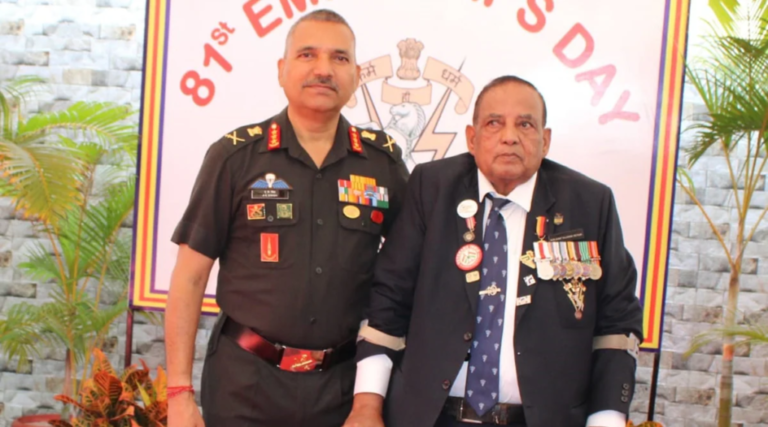Introduction
Murlikant Petkar is a celebrated Indian athlete renowned for his extraordinary achievements in the field of disabilities sports. A symbol of resilience and perseverance, Petkar made history by becoming the first Indian to win a gold medal at the Paralympics. His inspiring journey continues to uplift and motivate countless individuals, particularly in the realm of sports for the differently-abled. As we delve into his life and accomplishments in 2025, it becomes evident that Petkar is more than just an athlete; he is a beacon of hope and dedication for many.
| Attribute | Details |
|---|---|
| Name | Murlikant Petkar |
| Date of Birth | November 1, 1944 |
| Age | 80 years (as of 2025) |
| Profession | Athlete (Swimmer, Boxer) |
| Notable Achievements | Gold Medal at 1972 Summer Paralympics |
Personal Life
Murlikant Petkar was born in Sangli, Maharashtra, India. Despite facing significant challenges, including partial paralysis after being injured in combat during the Indo-Pakistani War of 1971, Petkar exhibited extraordinary determination. This resilience earned him the affectionate nickname “Chandu Champion” in his hometown. He is not just a sportsman but a father, and his son, Arjun Petkar, plays a vital role in supporting his endeavors and advocating for the development of their village.
Education
While specific details about Murlikant Petkar’s educational background are limited, it is known that his early life was heavily influenced by his experiences in the military and subsequent challenges post-injury. His determination to succeed in sports ultimately overshadowed other pursuits, leading him to focus on swimming and boxing, which became pivotal in his journey to becoming a Paralympic champion.
Net Worth and Income
As of 2025, Murlikant Petkar’s exact net worth is not publicly documented. However, accolades such as the Arjuna Award and recognition as a National Hero have certainly provided him with a platform to influence positively and support community development. Following his success, Petkar has dedicated much of his resources toward improving facilities and opportunities for athletes in his village, emphasizing his commitment to giving back to society.
Achievements and Recognition
Murlikant Petkar’s career highlights include:
- Winning a gold medal in swimming at the 1972 Summer Paralympics held in Heidelberg, Germany.
- Receiving the prestigious Arjuna Award in 2024 for outstanding performance in sports.
- Acknowledgment as a National Icon for his contributions to the field of sports.
Impact and Legacy
Petkar’s journey serves as an inspiration to many, particularly to those with disabilities. His life demonstrates how passion and determination can help overcome even the most formidable obstacles. Murlikant’s advocacy for disabled sports has not only transformed him into a role model but has also prompted greater awareness and acceptance of athletes with disabilities in India. His commitment to community development continues to resonate, making him an influential figure in both sports and social empowerment.
FAQ
Did Murlikant Petkar win any Olympic medals?
Yes, Murlikant Petkar won a gold medal at the 1972 Summer Paralympics, marking a historic moment for Indian sports.
What is Murlikant Petkar’s most notable award?
His most notable award is the Arjuna Award, which he received in 2024 for his exceptional contributions to sports.
What motivated Murlikant Petkar to pursue sports?
After suffering life-altering injuries during his military service, Petkar was determined to succeed in sports as a means to regain his confidence and inspire others facing similar challenges.
How has Murlikant Petkar contributed to his community?
Petkar has utilized his resources to enhance sports facilities in his village and advocate for the development of resources for aspiring athletes.
As we look ahead in 2025, Murlikant Petkar remains a powerful symbol of resilience, proving that with tenacity and dedication, one can overcome challenges and inspire change. His legacy will undoubtedly continue to motivate future generations of athletes.
